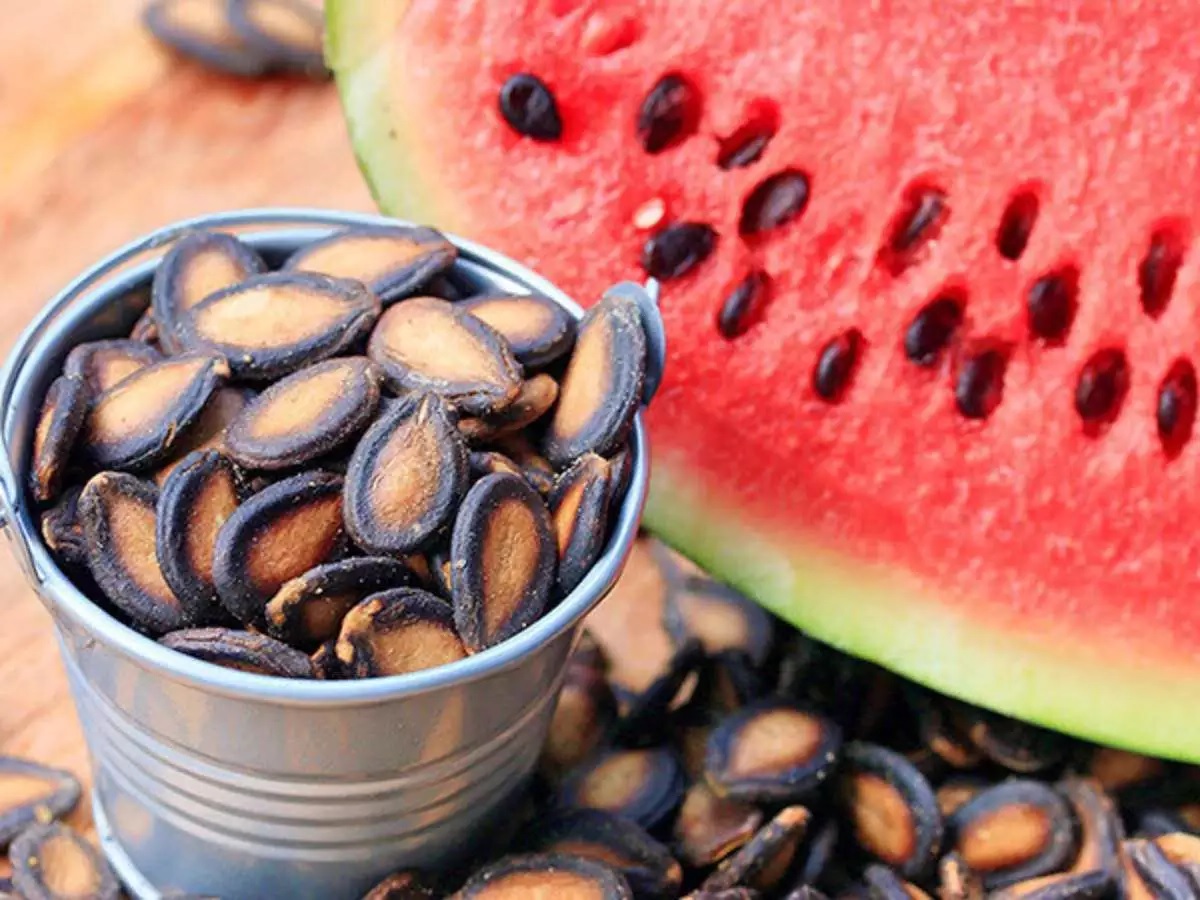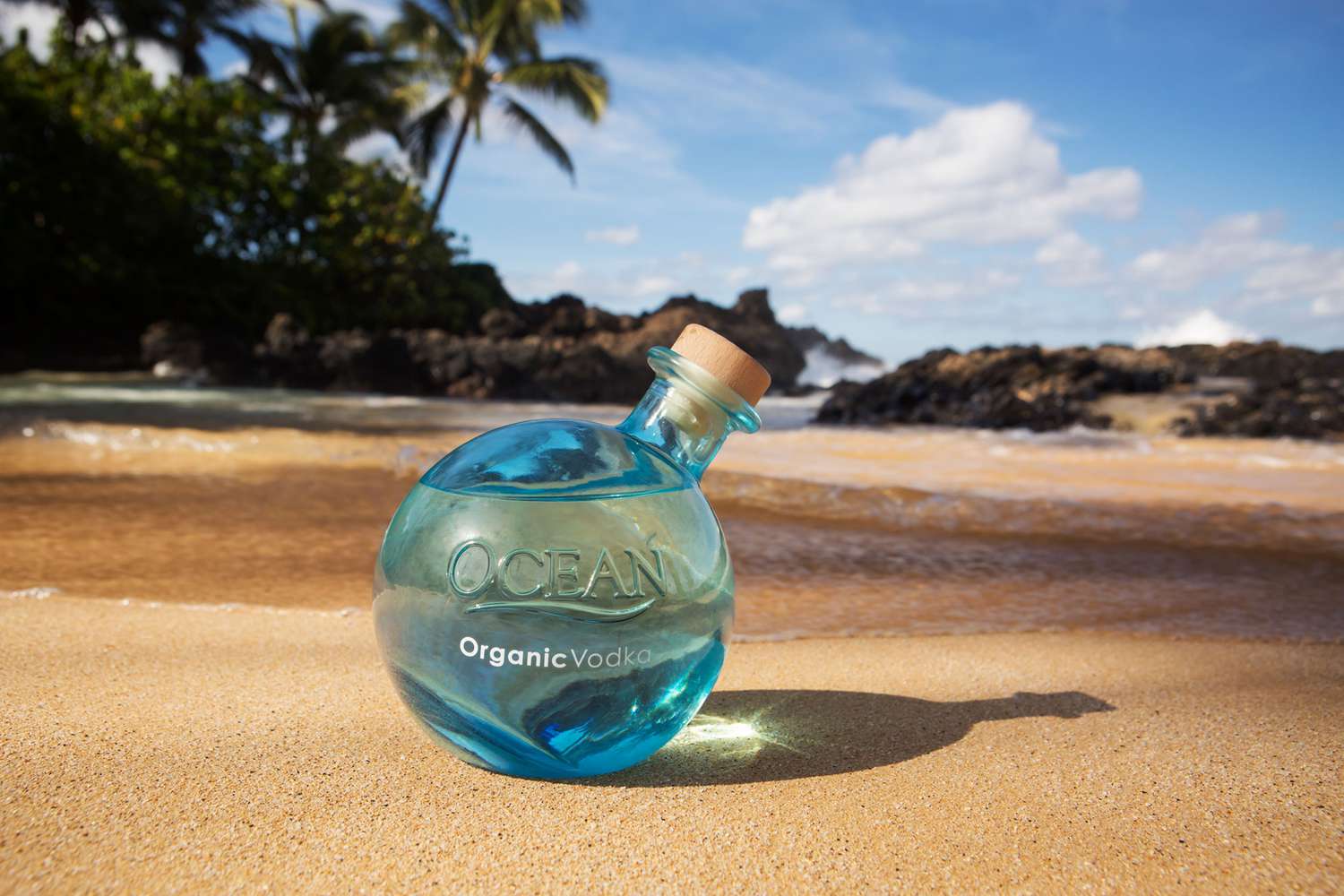
Did you know that watermelon seeds are packed with nutrients? These tiny powerhouses often get tossed aside, but they are full of surprising benefits. Watermelon seeds are rich in protein, healthy fats, and essential minerals like magnesium, iron, and zinc. They can boost your energy, support heart health, and even improve skin and hair. Roasting them makes a crunchy, delicious snack that’s both nutritious and satisfying. Whether you eat them raw, sprouted, or roasted, incorporating these seeds into your diet can be a game-changer. Ready to learn more? Let’s dive into the top 20 nutrition facts about watermelon seeds!
Watermelon Seeds: Tiny Powerhouses of Nutrition
Watermelon seeds might be small, but they pack a punch when it comes to nutrition. These often-overlooked seeds are filled with essential nutrients that can benefit your health in numerous ways. Let's dive into some fascinating facts about watermelon seeds.
Rich in Protein
Watermelon seeds are an excellent source of plant-based protein, which is essential for muscle repair and growth.
- Protein Content: A single ounce of watermelon seeds contains about 8 grams of protein, making them a great snack for vegetarians and vegans.
- Amino Acids: These seeds provide essential amino acids like arginine and lysine, which the body cannot produce on its own.
Packed with Healthy Fats
Despite their small size, watermelon seeds are rich in healthy fats that are crucial for overall well-being.
- Monounsaturated and Polyunsaturated Fats: These fats help reduce bad cholesterol levels and lower the risk of heart disease.
- Omega-6 Fatty Acids: Watermelon seeds contain omega-6 fatty acids, which are vital for brain function and cell growth.
Loaded with Vitamins
Watermelon seeds are a treasure trove of vitamins that support various bodily functions.
- Vitamin B Complex: These seeds are rich in B vitamins like niacin, folate, and thiamine, which help convert food into energy.
- Vitamin E: This antioxidant vitamin helps protect cells from damage and supports skin health.
Abundant in Minerals
Minerals are essential for maintaining various bodily functions, and watermelon seeds are full of them.
- Magnesium: One ounce of watermelon seeds provides about 21% of the daily recommended intake of magnesium, which is crucial for muscle and nerve function.
- Iron: These seeds contain iron, which is essential for producing red blood cells and preventing anemia.
- Zinc: Zinc in watermelon seeds supports the immune system and helps in wound healing.
- Phosphorus: This mineral is vital for healthy bones and teeth.
High in Antioxidants
Antioxidants help fight free radicals in the body, reducing oxidative stress and inflammation.
- Lycopene: Watermelon seeds contain lycopene, an antioxidant that helps protect against certain types of cancer and heart disease.
- Phenolic Compounds: These compounds have anti-inflammatory properties that can help reduce the risk of chronic diseases.
Good for Digestion
Watermelon seeds can aid in digestion and promote a healthy gut.
- Fiber Content: These seeds are a good source of dietary fiber, which helps regulate bowel movements and prevent constipation.
- Prebiotics: The fiber in watermelon seeds acts as a prebiotic, feeding the beneficial bacteria in your gut.
Supports Heart Health
The nutrients in watermelon seeds contribute to a healthy heart.
- Arginine: This amino acid helps improve blood flow and reduce blood pressure.
- Healthy Fats: The monounsaturated and polyunsaturated fats in these seeds help lower bad cholesterol levels.
Boosts Energy Levels
Watermelon seeds can provide a quick energy boost, making them an excellent snack for active individuals.
- Caloric Density: These seeds are calorie-dense, providing a quick source of energy.
- B Vitamins: The B vitamins in watermelon seeds help convert food into energy, keeping you active throughout the day.
Enhances Skin Health
The vitamins and minerals in watermelon seeds can contribute to glowing, healthy skin.
- Vitamin E: This vitamin helps protect the skin from damage and keeps it moisturized.
- Magnesium: Magnesium helps reduce acne and promotes a clear complexion.
The Sweet Benefits of Watermelon Seeds
Watermelon seeds pack a punch when it comes to nutrition. They’re loaded with protein, healthy fats, and essential minerals like magnesium and iron. Snacking on these seeds can boost your energy levels, improve heart health, and even support muscle growth. Plus, they’re a great source of antioxidants, which help fight off free radicals and keep your body healthy.
Adding watermelon seeds to your diet is easy. You can roast them for a crunchy snack, sprinkle them on salads, or blend them into smoothies. They’re versatile and tasty, making it simple to enjoy their benefits.
Next time you eat watermelon, don’t toss the seeds. Embrace their nutritional value and make them a part of your healthy eating routine. Your body will thank you for it!
Was this page helpful?
Our commitment to delivering trustworthy and engaging content is at the heart of what we do. Each fact on our site is contributed by real users like you, bringing a wealth of diverse insights and information. To ensure the highest standards of accuracy and reliability, our dedicated editors meticulously review each submission. This process guarantees that the facts we share are not only fascinating but also credible. Trust in our commitment to quality and authenticity as you explore and learn with us.


